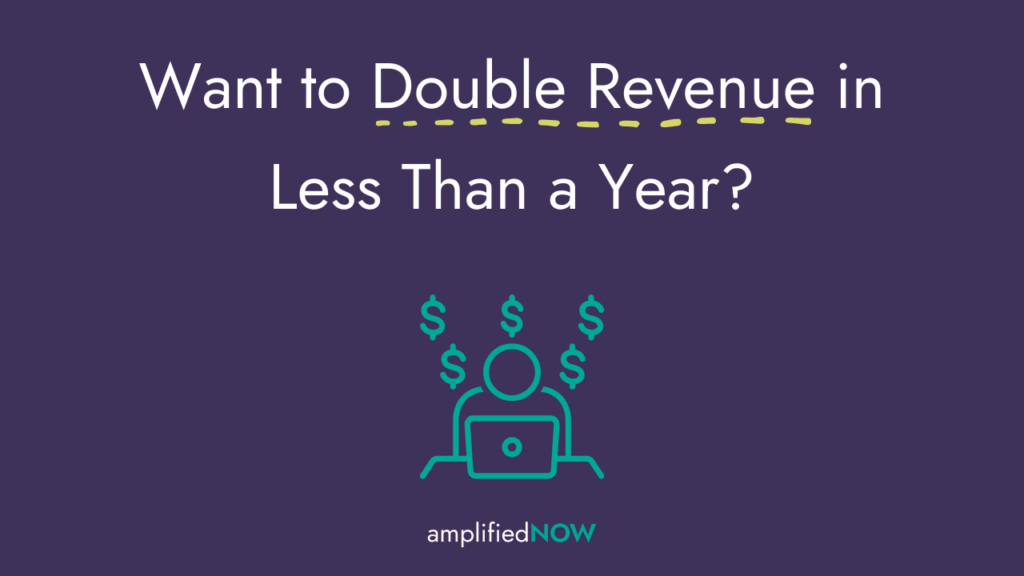Integrating Digital Products with In-Person Experiences
Hey there, tech wizard! Ready for some juicy insight on blending the virtual and the actual? Buckle up, ’cause we’re diving headfirst into the magic of integrating digital products with in-person experiences.
Embrace the Mix
Remember those days when day-to-day tasks were all done manually? Or when you actually had to walk up to someone to chat? History, baby!
Nowadays, technology reigns supreme. But the secret sauce? Merging digital things with flesh-and-blood, analog experiences. Wild, right?
Research has shown that bridging digital technology with in-person experiences can amp up brand engagement and rocket your business to the stratosphere. We’re talking gigantic leap for mankind stuff here.
From Apps to Amnesty – Digital-Physical Tango
Let’s paint a picture. Imagine your favorite fitness app synced to your gym equipment. Score!
The app records your workout data, then provides a personalized fitness plan. Now, that’s a power combo!
How to Blend?
Start simple. Ya don’t have to reinvent the wheel.
Got a store? Offer an app for finding items or deals in real-time. Got an event or venue? Create a virtual tour or AR experience. You catch my drift?
- Interactivity is the Key. Give users control over their digital journey. Interactive screens, voice recognition, or touch screen technology- get funky with it!
- Omni-channel Approach. Unite online and offline experiences. Make sure digital purchases can be returned in-store, or implement click-and-collect. Break down them walls, homie!
- Personalization, Please. Cater to your customer’s individual preferences and habits. Analytics can help you here.
Here’s a nifty guide on the digital-physical mix for your marketing strategy.
Conclusion – The Future is Now
We’re all about that fusion cuisine, baby!
It’s time to shatter the illusion that digital and physical experiences exist in separate worlds. They’re two sides of the same cool, shiny coin. So go ahead, hatch a plan and unite your digital products with in-person experiences. The future of seamless experiences beckons!
The digital-physical blend is no longer just a trend – it’s redefining customer experiences and making businesses more successful. Whether it’s integrating a shopping app with a brick-and-mortar store, or using cutting-edge technology for interactive, personalized experiences, the opportunities are endless. It’s about keeping customers engaged, connected, and always eager for more. As businesses continue to embrace this digital-physical integration, they’re not only setting themselves up for future success, they’re leading the way in creating innovative and exciting experiences for their customers. Indeed, our world no longer revolves around pure physical connections or purely electronic networks. It’s a blend of both digital and physical experiences that are redefining how we interact with businesses and the world. As such, businesses must adapt and innovate to stay relevant.
Digital-physical blend allows brands to provide a unique and seamless experience for their customers. It ensures that customers can access and interact with a brand anytime, anywhere – whether it’s in-store or online.
To successfully implement a digital-physical blend strategy, businesses must prioritize interactivity, ensure a seamless connection between online and offline experiences, and cater to individual customer needs through personalization.
Looking forward, the digital-physical blend is not only a trend but an essential aspect of business, especially in a world where digital and physical experiences continue to converge seamlessly. It’s about staying one step ahead, anticipating customers’ needs, and creating unforgettable experiences through this blend of the digital and physical world.
After all, brands aren’t just selling products or services anymore - they’re providing experiences. And with the right blend of digital and physical elements, these experiences can turn customers into loyal brand advocates. Because at the end of the day, it’s all about creating strong connections and experiences that resonate with your customers and keep them coming back for more. Perhaps one of the most significant benefits of the digital-physical blend is the potential for data collection and analysis. With the increasing use of digital technologies in physical spaces, businesses can collect valuable information about their customers’ behavior and preferences. This data can then be analyzed and used to further personalize the customer experience, improving brand loyalty and increasing sales.
Furthermore, the digital-physical blend presents an exciting opportunity for innovation. By using technology to enhance the physical world, businesses can create new products and services, revolutionize their industries, and give consumers experiences that they didn’t even know they wanted.
For example, retailers might use augmented reality (AR) or virtual reality (VR) to create interactive shopping experiences, or restaurants might use smart tables to customize the dining experience. The possibilities are endless.
However, implementing a digital-physical blend strategy is not without challenges. Integrating digital and physical systems can be difficult and costly, and there may be privacy concerns associated with the collection of customer data. Businesses must also ensure that their use of technology enhances the customer experience, rather than detracting from it.
Despite these challenges, the rewards of a successful digital-physical blend strategy can be significant. As the boundaries between the digital and physical worlds continue to blur, those businesses that can successfully navigate this new landscape will be well positioned for future success. It’s a brave new world – and businesses that embrace the digital-physical blend will lead the charge.
In conclusion, it’s clear that the future of business lies in the successful integration of the digital and physical worlds. Brands that can embrace this trend and create seamless, engaging, personalized experiences for their customers will be the ones that prosper in this new era. The digital-physical blend isn’t just the future - it’s the present, and businesses need to adapt to survive.


